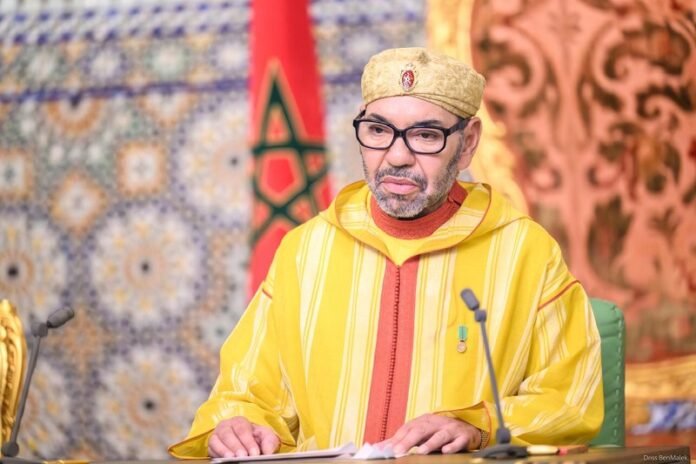In an era shaped by pivotal events, King Mohammed VI emerges not merely as a leader pursuing immediate gains, but as an architect of history, crafting a new reality for his country and the region with strategic dimensions that transcend conventional conflict narratives. His call, delivered this past Wednesday, to Sahrawis in Tindouf is far more than a political appeal—it is a defining moment that challenges us to reconsider the very notions of citizenship and national unity.
Through this initiative, King Mohammed VI presents a model of autonomy designed to end the impasse of separatism and transform it into a tangible opportunity for citizens themselves. Yet, this moment also raises profound questions for every Moroccan: Are we prepared to embrace our compatriots from Tindouf not only as fellow humans, but as partners in a unified national project and shared developmental future? And what mutual commitments are necessary to ensure justice and equality among all citizens?
Regionally, the King’s invitation to President Abdelmadjid Tebboune for a sincere and fraternal dialogue transcends the rhetoric of tension and long-standing rivalry between Morocco and Algeria. This call aligns with Morocco’s ambition to revive the Maghreb Union, prompting another critical question: Can genuine and courageous diplomacy rebuild the bridges of trust between neighbors whose political and social histories are deeply intertwined?
On the international front, the King’s address on Friday underscores another dimension: his expression of gratitude to major powers—including the United States, France, the United Kingdom, Spain, Russia, and the European Union—for supporting Morocco’s autonomy initiative. This support is framed not as a victory over any party, but as a step toward long-term regional stability. Here, too, analytical reflection is warranted: How can Morocco leverage this growing international recognition to advance economic and social development in its southern provinces, without turning political gains into a contradiction to popular aspirations?
The royal message also carries an ethical and human dimension, affirming that Morocco does not view recent developments as a triumph over a neighbor or adversary, but as an opportunity to consolidate peace and create a fully integrated Maghreb space—grounded in mutual respect, fraternal bonds, and good neighborliness. History will bear witness to a leadership that does not settle for political maneuvering alone but seeks a comprehensive vision for the region’s future.
What is striking is the holistic vision that merges internal and external, political and economic, national and regional dimensions. The King proposes a model of governance that transcends official statements and lays a foundation for social engagement and sustainable development, redefining the relationship between citizens and the state, and between Morocco and its regional and international partners.
Ultimately, King Mohammed VI leaves readers and observers with an open-ended question: Can this historical moment—where diplomatic wisdom intersects with human-centered policy—mark the beginning of a new chapter of unity and stability, or will it remain merely a fleeting opportunity amid persistent regional tensions?




